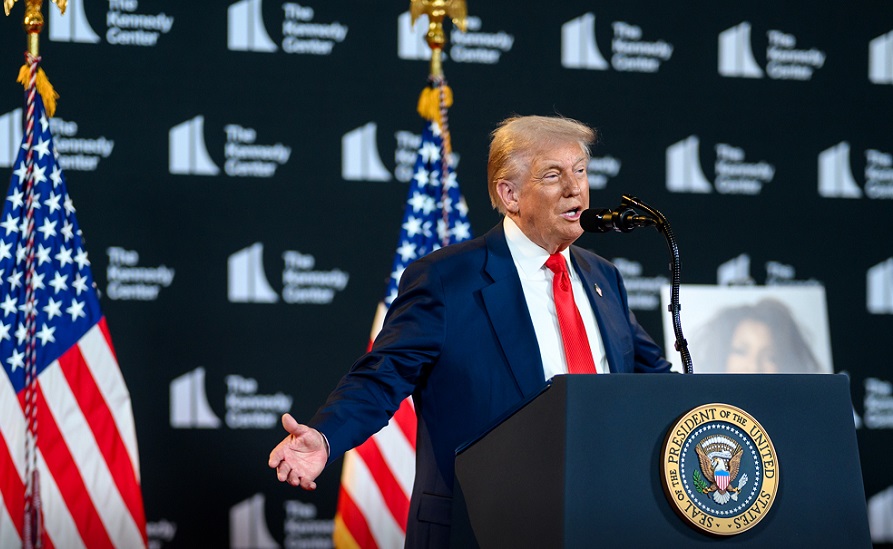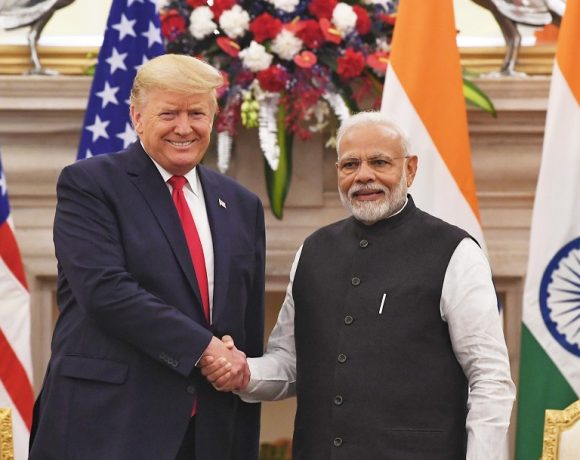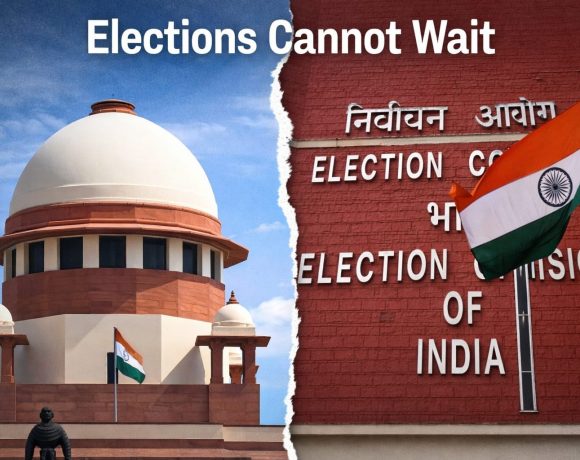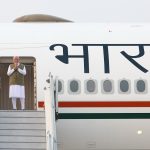
Trump Labels Cities ‘War Zones,’ Orders Troop Deployments
The Trump administration has described U.S. cities such as Chicago as “war zones,” authorizing deployments of federal troops into urban areas as part of its crime-fighting agenda. The move has drawn sharp criticism from local and state officials.
Militarized Approach to Crime
In public statements, the administration claimed that cities governed by Democrat officials suffer from “out of control” violence and require military intervention. The White House has dispatched National Guard and federal agents to several cities, including Chicago, to assist with security operations.
Legal Pushback and Court Ruling
A federal judge in Oregon blocked a deployment of the Oregon National Guard to Portland, ruling that there was insufficient justification for military intervention in civil matters. The ruling underscores legal uncertainties about using the military for internal policing.
Responses From Local and State Leaders
Democratic governors and mayors have pushed back, calling the deployments a power grab that undermines local authority and civil rights. They have threatened legal challenges, arguing that the federal government is overstepping constitutional limits on using military force in civilian areas.
Broader Implications
Experts warn that framing U.S. cities as battlefields risks normalizing militarized domestic governance and may strain trust between citizens and law enforcement. The clash between federal assertions and local resistance highlights a deeper tension over control, accountability, and the proper role of military power in policing.
As troop deployments proceed and legal battles unfold, the question remains whether this approach will curb crime — or inflame political, constitutional, and civil liberties disputes.

















